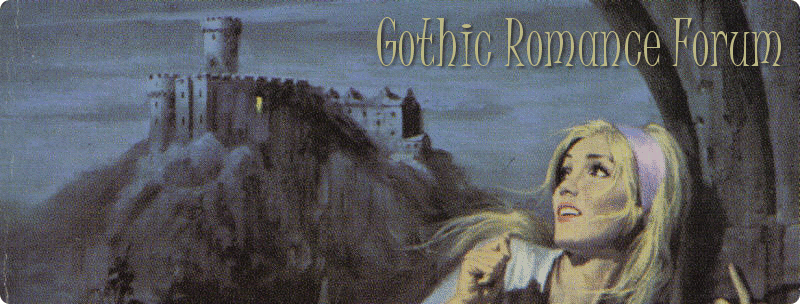10-11-2011, 08:58 AM
I think most people are familiar with this story: a governess fears her charges will be possessed by dead people. It's been translated to film many times and last summer I tried to watch as many of them as I could. Not many attempts have been made to embellish the story and every time the book is followed quite closely and gives no answer to the question most people like to ask: Were there really ghosts or was the governess imagining everything?
I read this book the first time for school; everyone needed to compile a list of thirty literary works to study and be examined on. I remember my teacher asking me if I believed in ghosts. I said yes, and apparently she had no follow-up questions and moved on to the next book. I suppose she had prepared to enter a discussion on the fancies of the governess, who probably had a screw loose. Upon rereading the book now, I wonder why she would have chosen to talk about the story instead of the literary value of the book. Why is Henry James' novella considered a literary classic? I wouldn't know the answer to that, so perhaps it's as well she didn't delve deeper, or my grade would have dropped.
Anyway, I've always believed renowned literary works are exemplary in their use of the language. Therefore, I'm surprised how Henry James made it so far. In our language we have a nasty name for people overly fond of using comma's. I find it distracting from the story when most sentences are unnecessarily divided into several parts.
An example:
There is a possibility, however, that Henry James used this way of writing on purpose to convey the fluttery mind of the governess. I would like to know if perhaps in his other novels he writes differently. If so, I'm sorry I doubted him and will applaud him for using a writing style as a clue to the main character's personality. She is a very sensitive woman, giving in to ups and downs, and isn't ashamed to speak of her romantic dreams and her pride in her accomplishments. Unfortunately, she wasn't as bold in her descriptions of the ghostly appearances and their effect on the children. Often the reader will be frustrated that she won't elaborate and keeps us guessing with the use of nonsuches as "that" "them" and "thing". I'm afraid it's Henry James' way of keeping us in suspense.
That said, I wasn't very impressed with the story. Perhaps in the time the novella was written people were scared easier than nowadays where we're accustomed in horror novels and movies to reading or seeing all the creepiness and goriness in minute detail.
My verdict: a 4 out of 10.
I read this book the first time for school; everyone needed to compile a list of thirty literary works to study and be examined on. I remember my teacher asking me if I believed in ghosts. I said yes, and apparently she had no follow-up questions and moved on to the next book. I suppose she had prepared to enter a discussion on the fancies of the governess, who probably had a screw loose. Upon rereading the book now, I wonder why she would have chosen to talk about the story instead of the literary value of the book. Why is Henry James' novella considered a literary classic? I wouldn't know the answer to that, so perhaps it's as well she didn't delve deeper, or my grade would have dropped.

Anyway, I've always believed renowned literary works are exemplary in their use of the language. Therefore, I'm surprised how Henry James made it so far. In our language we have a nasty name for people overly fond of using comma's. I find it distracting from the story when most sentences are unnecessarily divided into several parts.
An example:
Quote:It added to the interposing cry, as if to stay the blow, that Mrs. Grose, at the same instant, uttered over my violence -- the shriek of a creature scared, or rather wounded, which, in turn, within a few seconds, was completed by a gasp of my own.If I were an English teacher, any student of mine writing like this would find a lot of red pencil marks in his text.
There is a possibility, however, that Henry James used this way of writing on purpose to convey the fluttery mind of the governess. I would like to know if perhaps in his other novels he writes differently. If so, I'm sorry I doubted him and will applaud him for using a writing style as a clue to the main character's personality. She is a very sensitive woman, giving in to ups and downs, and isn't ashamed to speak of her romantic dreams and her pride in her accomplishments. Unfortunately, she wasn't as bold in her descriptions of the ghostly appearances and their effect on the children. Often the reader will be frustrated that she won't elaborate and keeps us guessing with the use of nonsuches as "that" "them" and "thing". I'm afraid it's Henry James' way of keeping us in suspense.
That said, I wasn't very impressed with the story. Perhaps in the time the novella was written people were scared easier than nowadays where we're accustomed in horror novels and movies to reading or seeing all the creepiness and goriness in minute detail.
My verdict: a 4 out of 10.




